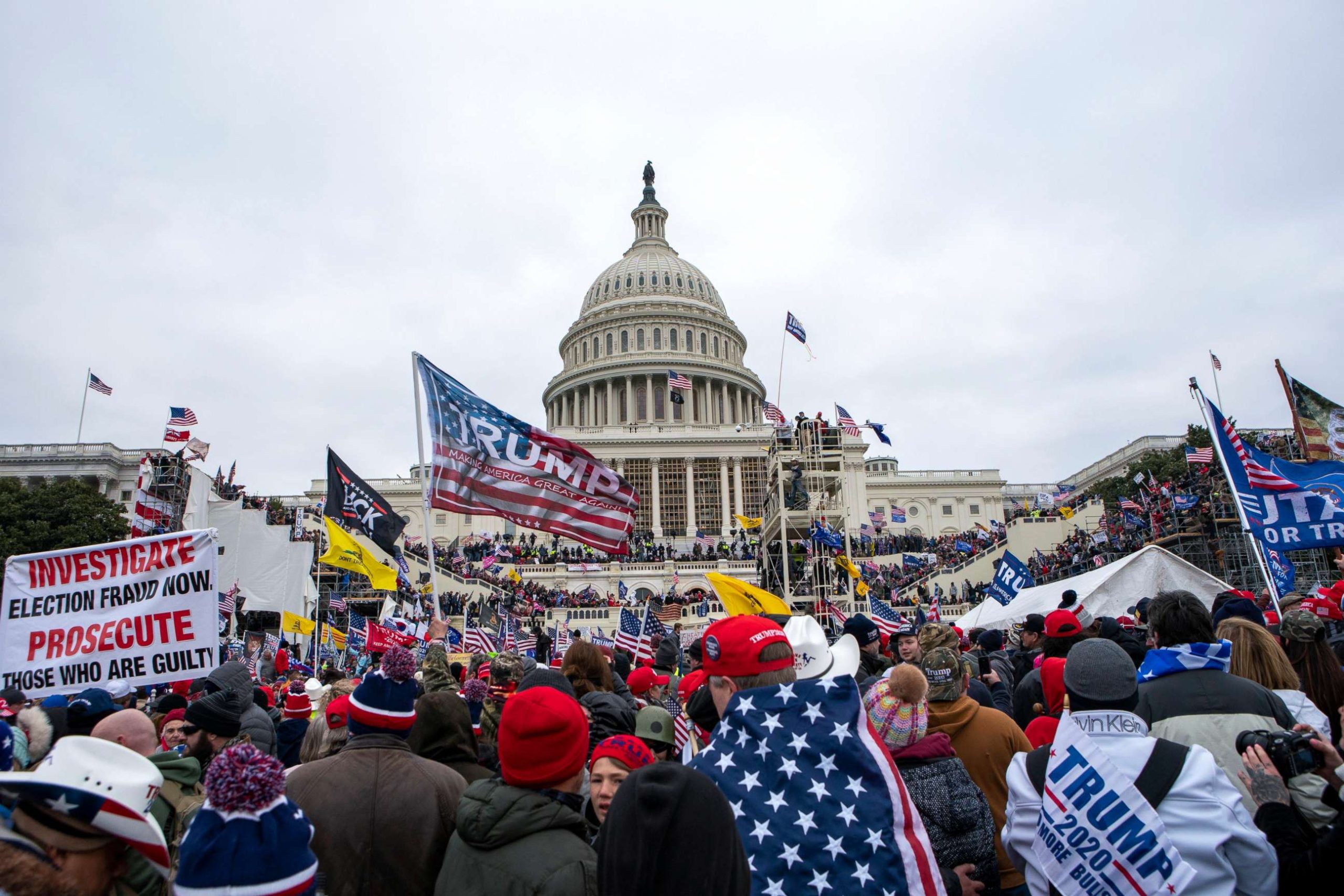Jan. 6 Was Not Facebook Ads: VP Debate Highlights Trump’s 2020 Election Claims and Democratic Concerns
In a pivotal moment during the Vice Presidential debate in New York, Democratic candidate Gov. Tim Walz and Republican Sen. J.D. Vance, Donald Trump’s running mate, faced off over Trump’s refusal to accept the results of the 2020 presidential election. The discussion became heated when Vance compared Trump’s rhetoric about the election being “rigged” to Hillary Clinton’s 2016 accusations that Russian ad buys on social media helped Trump’s campaign. Walz’s response? A sharp reminder that the January 6th Capitol insurrection was far more dangerous than any online ad.

The Exchange: Walz vs. Vance on Election Denial
The debate took a sharp turn when Vance suggested that Trump’s ongoing refusal to accept the results of the 2020 election was just another example of political debate. He drew a parallel between Trump’s claims of voter fraud and Clinton’s statements about Russian interference in 2016. Walz, however, refused to let this comparison slide.
“Jan. 6 was not Facebook ads,” Walz fired back, pointing out that Trump’s refusal to concede led to the violent attack on the Capitol—an unprecedented event in American democracy. He emphasized that this insurrection, fueled by Trump’s repeated falsehoods, was a direct threat to the democratic process.
Vance’s failure to address the seriousness of the January 6th events highlights a broader issue: the continued perpetuation of election falsehoods and their dangerous implications for American society.
The Cost of Election Lies: Financial and Social Impact
While Trump has maintained that the 2020 election was rigged, his claims have had far-reaching consequences beyond political discourse. In addition to being indicted by a federal grand jury on four counts related to efforts to overturn the election results, the financial burden on the U.S. has been staggering.
According to a Washington Post report from 2021, the falsehoods Trump spread regarding the election have cost the country more than half a billion dollars. These costs have come from legal fees, heightened security measures, and repairs to the Capitol building following the January 6th riot.
Walz highlighted the human toll, reminding the audience that “140 police officers were beaten at the Capitol that day, some with the American flag.” Several officers later died from injuries or suicides linked to the traumatic events. The violence that unfolded was not just confined to Washington, D.C. In Walz’s home state of Minnesota, a group of Trump supporters gathered at the State Capitol in St. Paul, threatening to march to the governor’s residence, stating that there might be “casualties.”
Vance’s Response: Shifting the Focus to Censorship
Rather than directly responding to the concerns about election denial and the violence it incited, Vance pivoted the conversation towards censorship. He claimed that the real threat to democracy comes from big tech companies and government officials who suppress free speech. Vance referred to comments made by Facebook CEO Mark Zuckerberg, who expressed regret over removing posts related to COVID-19 under pressure from the Biden administration.
“I believe that we actually do have a threat to democracy,” Vance said, arguing that the censorship of conservative viewpoints, rather than Trump’s election falsehoods, is the more significant concern. He added that political discourse in the U.S. has led to personal divisions, with Americans cutting ties over political disagreements.
While Vance’s concerns about censorship resonate with some voters, they fail to address the violent fallout from Trump’s refusal to concede the 2020 election. Walz made it clear that the Jan. 6 insurrection and the ongoing threats of political violence are more pressing dangers to the country’s democratic values.
The Role of Mike Pence and The Debate’s Bigger Picture
In a striking moment, Walz reminded Vance and the audience why he was even on the debate stage. “When Mike Pence made the decision to certify that election, that’s why Mike Pence isn’t on this stage,” Walz said, referring to Trump’s former vice president who famously refused to overturn the election results on January 6, 2021.
Pence’s decision not to bow to Trump’s demands led to a significant rift between the two, a move that likely cost Pence any further political future within Trump’s Republican base. Walz questioned whether Vance, as Trump’s current running mate, would stand by his oath of office if faced with a similar situation.
“What I’m concerned about is: where is the firewall with Donald Trump?” Walz asked. He pointed out that the American people need to trust their elected officials to uphold their constitutional duties, regardless of political pressure.
This exchange brought to light a crucial issue for voters in the upcoming election: whether those in power will prioritize the rule of law and democratic principles over personal loyalty to a particular leader.




